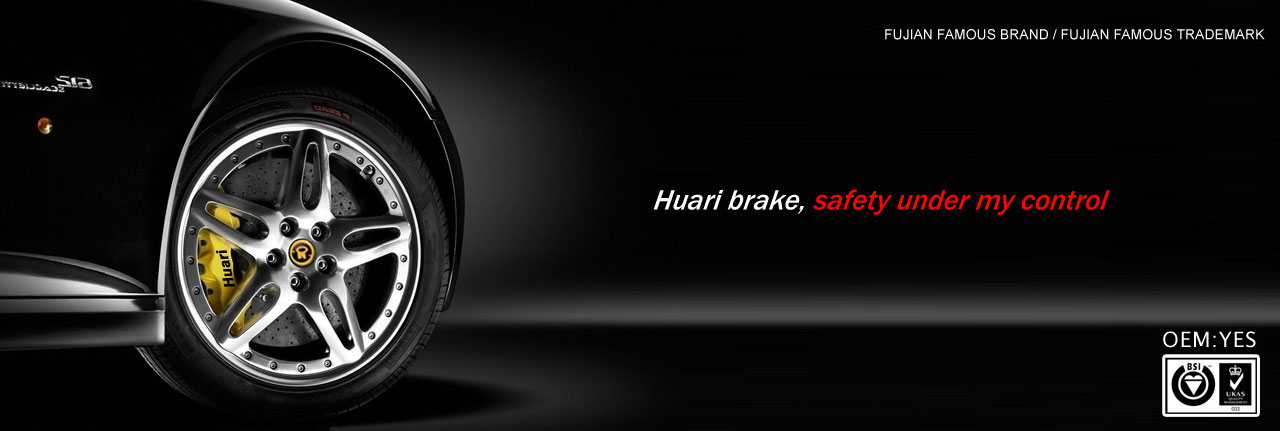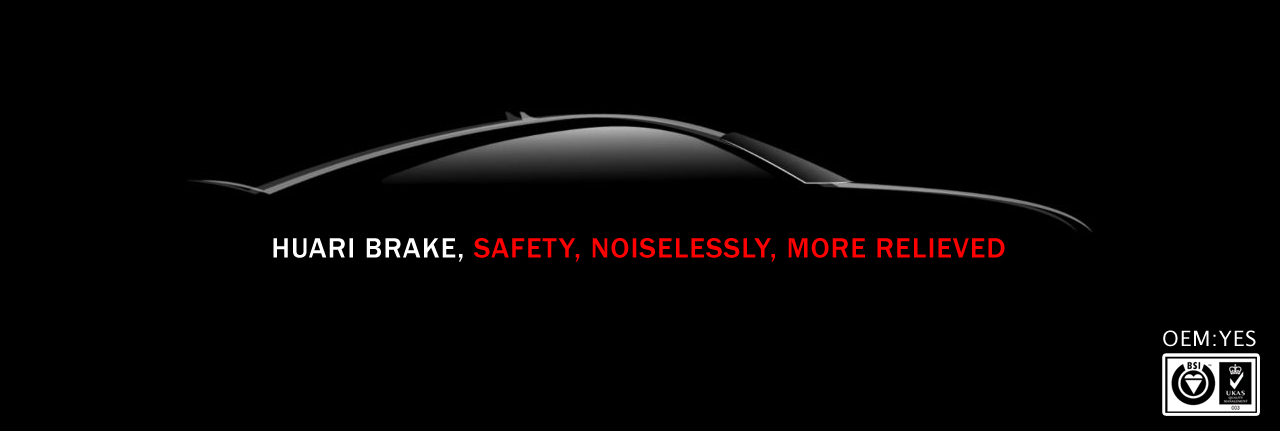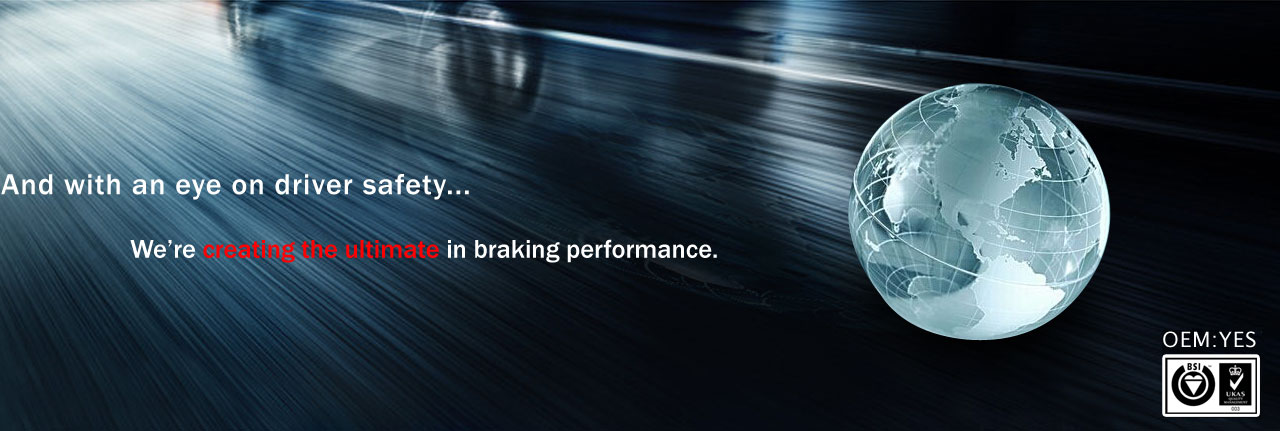Communicating With Customers About Brake Pads
The following are the top 10 consumer questions concerning brake pads and the answers that can help you to upsell. These answers can save you from getting into hot water and are written in language the customer can understand.
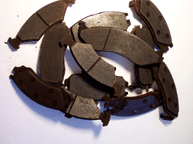 1. Aren’t all brake pads the same? Isn’t that why some shops are able to sell brake jobs for the same price?
1. Aren’t all brake pads the same? Isn’t that why some shops are able to sell brake jobs for the same price?
No, almost every vehicle model has a different shape of brake pad. The friction materials that are on the pad are different because almost every vehicle has different requirements and performance capabilities.
2. Why do some pads cost more?
Buying a quality brake pad is like buying prescription medicine. When you are buying a prescription drug you are not just paying the cost to manufacture, package and market the pill. The bulk of what you are paying for is research and development. The same is true for brake pads.
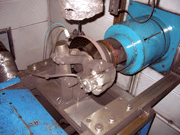 Brake pads require a great deal of testing and engineering because they are made for a specific vehicle. A quality brake pad manufacturer will spend a lot of time and money on a developing a brake pad application for your vehicle. This includes simulated and on-the-vehicle testing. This type of testing is people and equipment intensive.
Brake pads require a great deal of testing and engineering because they are made for a specific vehicle. A quality brake pad manufacturer will spend a lot of time and money on a developing a brake pad application for your vehicle. This includes simulated and on-the-vehicle testing. This type of testing is people and equipment intensive.
Another cost of brake pad manufacturing is quality control. Reputable manufacturers will pull random samples from the production line and perform destructive testing. This costs money and time and may mean that a batch of pads could be rejected.
3. Aren’t brake pad manufacturers just copying the original brake pad?
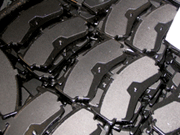 Can you make meatloaf or chocolate chip cookies exactly like your mother’s? probably not. Brake pads are one of the few components on a vehicle that can not be duplicated by just physical measurements and simple testing.
Can you make meatloaf or chocolate chip cookies exactly like your mother’s? probably not. Brake pads are one of the few components on a vehicle that can not be duplicated by just physical measurements and simple testing.
Carmakers do not say to replacement brake pad manufacturers, “Here is the recipe for our friction material for the 2006 models.” No, replacement brake pad manufacturers have to figure it out on their own and it is not easy or inexpensive.
But, here is the good news, as a vehicle gets older chances are the replacement brake pads will get better because the manufacturer will have more data in the form of real world miles.
4. Wouldn’t a company avoid selling an unsafe brake pad?
 Not true, some inexpensive brake pad manufacturers are constantly playing the odds game by weighing profit against braking performance. Their pads may perform well during normal operating conditions like city and highway driving, but if the pads encounter a situation like a panic stop or steep hill decent, they could fail or have longer than normal stopping distances. This is because they might not have spent the money for testing or on quality raw materials. They are betting that you might not encounter extreme conditions. Would you really want to “call their bluff” when you have to go “all in” during a panic stop?
Not true, some inexpensive brake pad manufacturers are constantly playing the odds game by weighing profit against braking performance. Their pads may perform well during normal operating conditions like city and highway driving, but if the pads encounter a situation like a panic stop or steep hill decent, they could fail or have longer than normal stopping distances. This is because they might not have spent the money for testing or on quality raw materials. They are betting that you might not encounter extreme conditions. Would you really want to “call their bluff” when you have to go “all in” during a panic stop?
In the United States, there are no federally mandated laws that regulate the performance of replacement brake pads. The burden of selecting a safe replacement brake pad is up to the shop and driver.
5. What is in a box of brake pads?
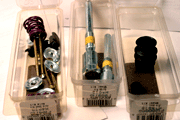 The typical box of disc brake pads has four pads (two pads for each side of the car). Some manufacturers will included other pieces of hardware to make sure the pad performs to its full potential. The items include anti-rattle clips, shims to reduce noise and wear sensors. Also, some brake pad manufacturers include special lubricants to reduce the chance of the customer returning with a noise compliant.
The typical box of disc brake pads has four pads (two pads for each side of the car). Some manufacturers will included other pieces of hardware to make sure the pad performs to its full potential. The items include anti-rattle clips, shims to reduce noise and wear sensors. Also, some brake pad manufacturers include special lubricants to reduce the chance of the customer returning with a noise compliant.
Some low-quality brake pad manufacturers do not include these items in the box so they can maximize their profit and be the lowest-priced product on the store shelves.
6. It is an older car, I don’t need to spend a lot of money on brake pads.
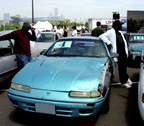 Older cars still have to stop the same way a new car does under certain conditions. Accidents do not discriminate between how much a car is worth and neither do lawyers.
Older cars still have to stop the same way a new car does under certain conditions. Accidents do not discriminate between how much a car is worth and neither do lawyers.
7. I want a pad that will last more miles. Can I get a set put on my car?
Brake pads are designed to wear out. How fast they wear is dependent on the driver and the vehicle more than the pad’s friction material formulation. While there are pads on the market that promise more miles, it is difficult to say if it will last longer than another pad.
What can make a brake pad last longer is replacing the hardware and resurfacing the rotor with the correct finish. These two items can increase the life of the brake pad more than any other factor.
8. Ceramic? Kevlar? Carbon Semi-metallic? Is it a brake pad or a golf club?
Like golf club manufacturers, brake pad manufacturers are always looking for new space age materials to improve their products. These materials names may be throw around like buzzwords in a boardroom, but knowing what these materials can do can help you to make a more informed decision.
Ceramic
When most consumers hear the word “ceramic” they conjure up images of dinner plates being ground up into brake pads. But, even though the materials share the same chemical structure and certain attributes, ceramic fibers in brake pads are some of the most advanced microstructures on the planet. Ceramic material’s structural properties are very stable under high temperatures, like Corning cookware. But this is where the comparison ends. Ceramic materials that go into a brake pad are very small strands that are engineered to be a certain length and width.
There are three advantages of ceramic pads in certain applications. First, since the ceramic materials offer stable performance under a wide range of temperatures, they can offer quiet performance. Second, ceramic brake pads manage heat in the rotor and caliper better on some vehicles than some non-ceramic applications. Third, ceramic brake dust does not show up on or stick to wheels like some other brake pad formulations. This could be am important factor if you have an expensive set of custom wheels.
Kevlar
If you were to hold Kevlar fibers in your hand, it would look like cotton candy. But this innocent looking material is stronger than steel and can stop a bullet, or keep your brake pads together under high temperature and pressure.
Like ceramic materials, it is used as a fiber in brake pads to give them structure. It is a very expensive material, but it can help extend the life of the brake pad.
Semi-Metallic
Semi-Metallic pads use metal fibers to give structure and provide friction. The metals used are typically high quality steel, copper and other exotic metals.
So what is the other part of the semi-metallic mix? It is be a variety of materials like glues, lubricants and structural fibers. The manufacturer will blend the components together to give the best performance for that application.
Confused? Don’t be. A shop can recommend a pad that fits your driving profile and vehicle with a few easy questions.
9. What is the best resource of information when selecting the right brake pad for my vehicle?
The best source of information is a shop. A repair shop will buy more brake pads in two days than most people will buy in a lifetime.
With this experience, the person at the front counter can help you select the right brake pad for you and your vehicle. Brake pads are one item that most shops will not take a chance on because they have a vested interest in making your vehicle as safe as possible.
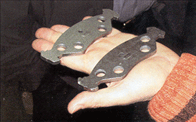 10. How do they keep the friction material on the metal backing plate?
10. How do they keep the friction material on the metal backing plate?
The friction material is usually molded onto the backing plate using heat and pressure. In some cases, the friction material is forced through holes in the backing plate as it is molded. Also, the backing plate is coated with an adhesive that can withstand high temperatures. These two methods help to keep the friction material from shearing off the metal backing plate.
On some premium brake pads, the backing plate will have a mechanical method to secure the friction material to the backing plate. The systems can use small hooks or other attachment devices that become embedded into the molded friction material. This can give an extra sense of security to the driver.
2016-08-17 23:27:27
ADD:No. 1, Xiaban, Xiufeng Village, Shekou Town, Fu'an City, Ningde City, Fujian Province TEL:0086-0593-6388368||6558596 FAX:0086-0593-6338966 E-mail:brake@fjhuari.com / huari3348@126.com
Copyright © 2013 Fujian Huari Automotive Parts Co., Ltd. All Rights Reserved.
Copyright © 2013 Fujian Huari Automotive Parts Co., Ltd. All Rights Reserved.



